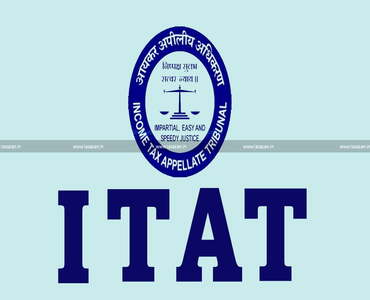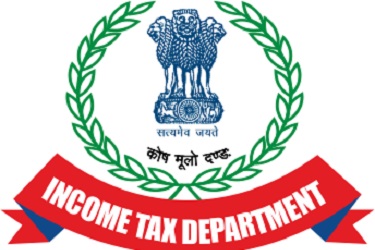The Income Tax Department has recently uncovered significant foreign assets owned by Indian taxpayers. As taxpayers, we all aim to save on income tax through legitimate means, and the funds we pay as tax are used for the creation of assets, both domestic and foreign. When assets are located in India, the rules are more …










